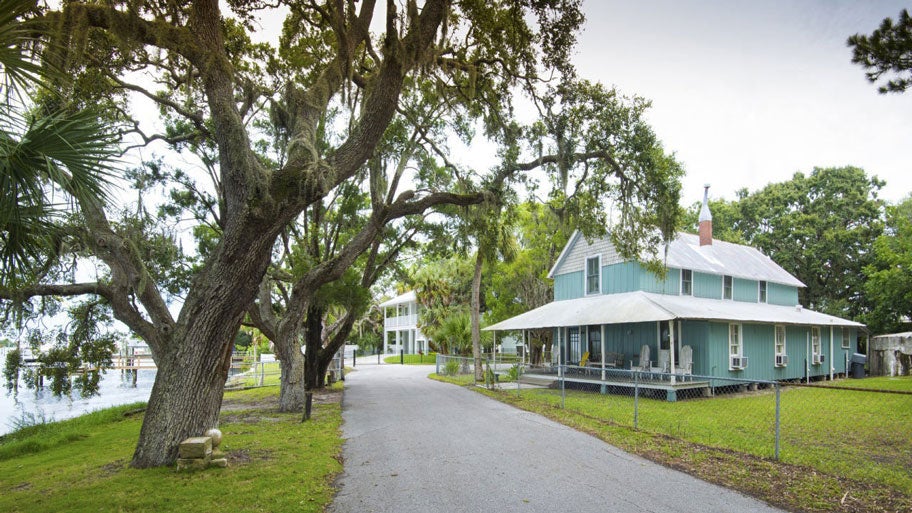Getting homeowners insurance in Florida can be confusing because there are so many options to choose from, and insurance companies are notorious for trying to pull one over on you.
It’s important to know what you’re looking for when getting homeowners insurance so that you can find the best deal possible.
Read this article to learn about how to find the best homeowners insurance in Florida, and make sure you’re getting the most out of your investment in property protection.
PEOPLE ALSO READ: 7 Indiana Online College Programs You Can’t Afford to Miss
The ABCs of Homeowners Insurance
While you may know that your insurance covers fire, theft, and other common disasters, did you know there are three key terms or letters that affect how much coverage you get?
This is important because a major omission could leave you under-insured. ABC stands for ACTUAL LOSS VALUE – meaning your home won’t have to be replaced at its current market value.
If a fire destroys your home completely and it has an actual loss value of $400,000 but was insured at only $300,000 your payout would be reduced by $100,000.
- BUILT-IN FLOOD PROTECTION – cover not only against flooding caused by groundwater but also flooding caused by rising tides like those that occurred during Hurricane Sandy on October 29th, 2012.
- SUBSTANTIAL DAMAGE – Your deductible should be based on either replacement cost or actual cash value, but not both. In other words, you shouldn’t have to pay a deductible for both repair and replacement costs when making a claim.
Keeping these terms in mind can help you understand what type of policy is best for your specific situation.
Protecting What’s Important To You
When it comes to protecting your home and everything that’s inside of it, you don’t want to go cheap. The right homeowner’s insurance can help cover both your house and its contents against all sorts of risks, including fire and natural disasters.
Most policies also offer liability coverage as well as protection from personal injury claims resulting from an accident on your property.
You may even be able to get discounts for being a safe driver or installing smart-home technology like security cameras.
Compare multiple providers before choosing a policy; different companies will weigh risk factors differently, so what seems like a great deal on paper might not work out as well in real life.
You may find you have better options than you thought once you start shopping around!
How Deductibles Work
With every type of insurance policy, there’s a deductible—the amount you pay before your insurance kicks in.
Let’s say you get into a car accident and end up with $3,000 worth of damage to your car. If you have a $500 deductible, you pay for all of it out-of-pocket (your premium will still cover part of it).
On policies with lower deductibles, you pay less out-of-pocket—but your premiums will also be higher. It pays to look at multiple providers when shopping around; different companies could offer cheap rates with no deductible or very high rates with large deductibles.
Common Types of Coverage
If you’re looking to buy a homeowners insurance policy, there are several basic types of coverage you should be aware of.
Among them are liability, dwelling, and personal property coverage. Liability covers costs associated with bodily injury or property damage caused by your negligence (or someone living under your roof).
Dwelling coverage insures your home against losses from covered perils (such as fire, wind, and hail) while personal property coverage protects against things like theft or vandalism.
It’s worth noting that only 10 states require a minimum amount of dwelling/personal property coverage. In others, it’s optional and not required.
You should have enough insurance to cover at least 50% of your home’s current market value. However, if you have significant assets, such as jewelry or expensive artwork, it may be wise to get 100% coverage.
PEOPLE ALSO READ: Best Paid Online Courses Websites to Help You Advance Your Career





